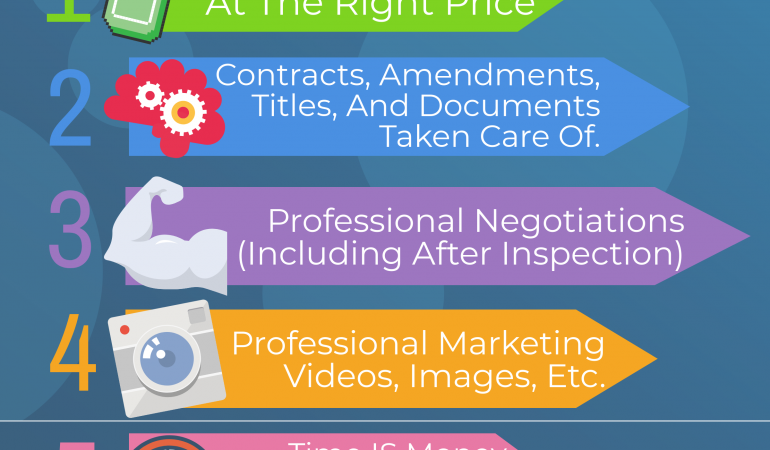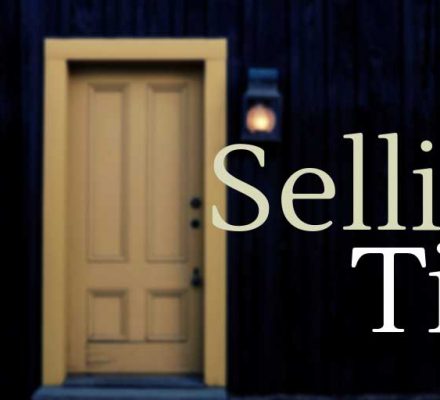 Nearly every town and city across the nation is dotted with "We Buy Houses" signs. As foreclosure rates continue to soar, many desperate homeowners needing to sell their house quick are turning to these house buying companies. But, is it a good idea?
Nearly every town and city across the nation is dotted with "We Buy Houses" signs. As foreclosure rates continue to soar, many desperate homeowners needing to sell their house quick are turning to these house buying companies. But, is it a good idea?
Companies who engage in "We Buy Houses" programs can offer solutions to struggling homeowners. However, caution should be used before signing away the deed to your home. Unfortunately, there are many unscrupulous characters in the world. When there is money to be made, these people crawl out from under the woodwork offering a promise to save the day and free you from financial bondage.
It is important to note that if you owe more on your home than it is worth it's going to be quite difficult to locate a buyer. People who offer to buy your home for cash generally want to purchase it below market value. Considering home prices have dropped by as much as 50-percent, it is nearly impossible to sell a home under market value and satisfy the loan balance.
When homeowners owe more than their house is worth they must obtain approval from their lender to engage in a short sale. Short sales are quickly becoming one of the most sought-after remedies for homeowners facing foreclosure. Using the short sale option, a lender agrees to accept less than is owed on the mortgage loan.
Currently, lenders are accepting about one out of ten short sale requests. If the lender rejects the short sale offer and the homeowner is unable to cure mortgage arrears, the only alternative left is foreclosure.
When banks initiate foreclosure, a Notice of Default is sent to the homeowner. This document becomes public record. Real estate investors who buy houses for cash hire employees to scour court documents to locate foreclosure and bankruptcy notices. If you've received a foreclosure notice, chances are you will soon receive advertisements from investors and realty companies offering to buy your house for cash.
In order to avoid becoming a victim of real estate scams, it is usually a good idea to avoid "We Buy Houses" programs offered through phone, mail and TV solicitations. Instead, seek out real estate professionals who specialize in buying distressed properties.
With today's technology it is relatively easy to conduct research on any individual or organization. The Better Business Bureau is a good place to start and will help you determine if the company is in good standing or has complaints filed against them.
Realtors and real estate companies must be licensed in the state where they do business. Each state has a real estate commission where credentials can be verified.
Private investors are generally not listed through the BBB or real estate commission. However, professional investors will not hesitate to provide references and resources to validate their credentials.
As with any legal transaction, it's imperative to get everything in writing. Legal documents should be reviewed by an attorney or real estate professional. All documents should be read and thoroughly understood before signing on the dotted line.
Most important, trust your instincts. If your gut tells you there's something fishy going on, it's best to listen. When it comes to saving your home from foreclosure, you cannot take enough precautions to ensure you aren't being scammed.
Avoid being a victim of real estate scams by taking time to conduct research. Although it can be tempting to sell your house to avoid foreclosure or bankruptcy, making the wrong decision could create a situation worse than the one you're already dealing with.




